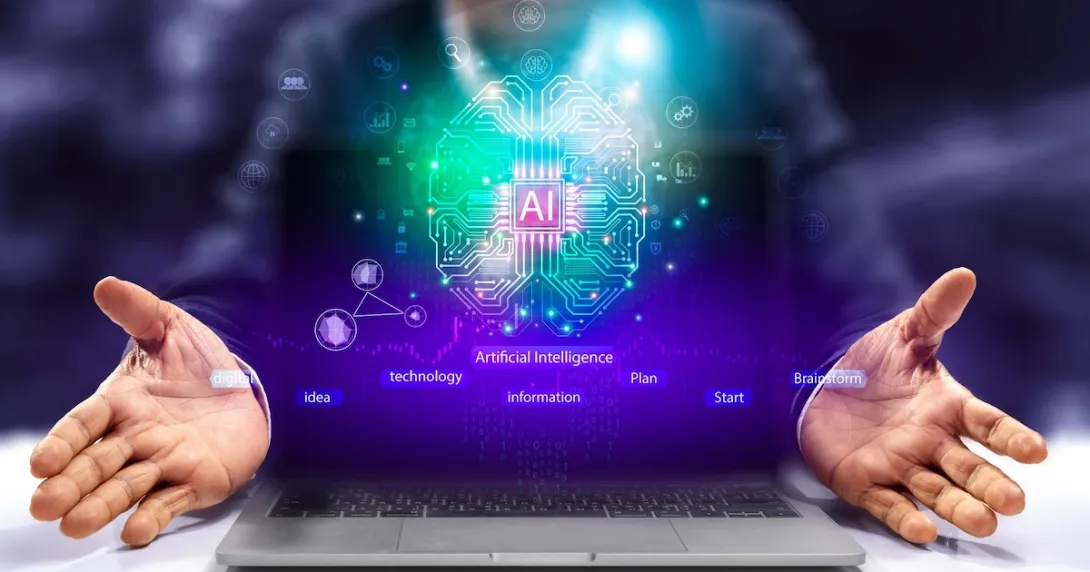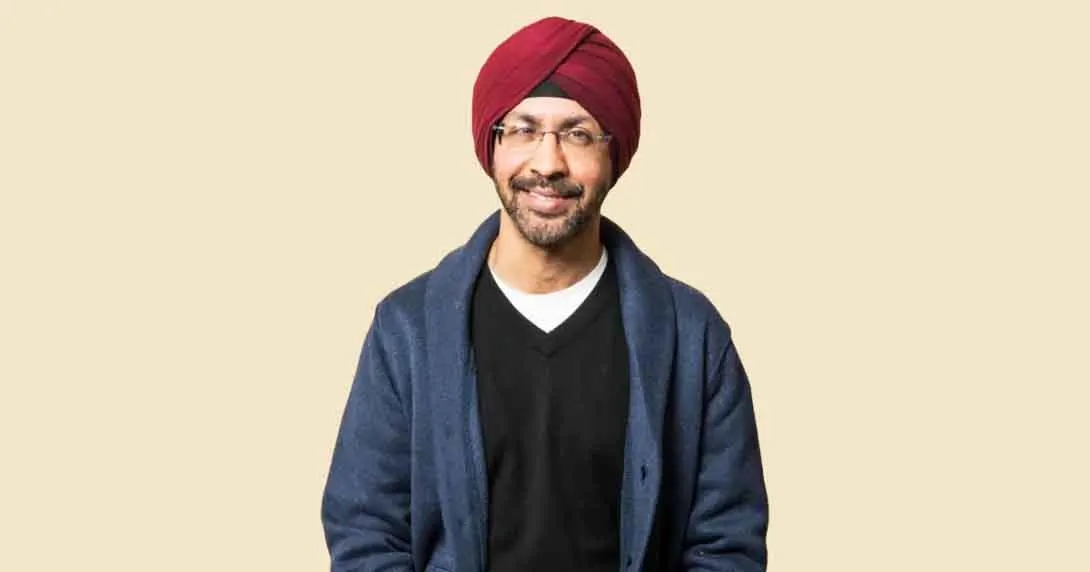
OpenAI has announced the launch of GPT-5, which Sam Altman, OpenAI's CEO, says is "a legitimate Ph.D. expert" and should be used for health.
"It can help you understand your healthcare and make decisions on your journey," Altman said during the announcement. "Anyone, pretty soon, will be able to do more than anyone in history could."
Altman said that, in general, one of the top use cases of ChatGPT is health.
The OpenAI team, in the video, reported that GPT-5 performed "exceptionally well" on health-related questions and that it is the company's most reliable model for health yet.
"GPT-5 is the best model ever for health," Altman said. "[GPT-5] scores higher than any previous model on HealthBench, an evaluation that we created with 250 physicians on real-world tasks."
OpenAI said the new model can also be used in life sciences, noting that biotechnology company Amgen, which develops and manufactures therapeutics, was one of the first testers of GPT-5 and used it for drug design.
"What Amgen scientists found is that GPT-5 is particularly good at deep reasoning with complex data," Olivier Godement, head of product and platform at OpenAI, said during the announcement. "Think analyzing scientific literature or clinical data."
Additionally, Oscar Health, a health insurance company based in New York, also tested GPT-5 and found it was "the best model for clinical reasoning."
"Think mapping complex medical policy to patient conditions," Godement said.
OpenAI also announced the adoption of GPT-5 for the entire U.S. federal workforce.
GPT-5 is available starting today, with three models: GPT-5, GPT-5 mini and GPT-5 nano.
"If history is a teacher, and we've seen it with GPT-4, we are going to see many use cases emerge over the coming weeks and months that all of us cannot even imagine," Godement said.
THE LARGER TREND
In May, OpenAI launched HealthBench, a benchmark to evaluate AI models in healthcare using real-world applicability and physician judgment.
"The 5,000 conversations in HealthBench simulate interactions between AI models and individual users or clinicians. The task for a model is to provide the best possible response to the user's last message," the company said in a statement.
As generative AI gains traction across clinical settings, experts have weighed in on AI's practical applications and challenges in healthcare, including tech giant Microsoft, which is a strategic partner and investor in OpenAI.
During an interview with HIMSS TV, Harjinder Sandhu, CTO of health platforms and solutions at Microsoft, described the high-value and high-risk use cases pertaining to AI utilization in healthcare.
"One of the things that AI systems can do is summarize patients in various contexts depending on who is asking the question and for what purpose," Sandhu said.
"The problem with that is that if the AI system hallucinates information, it makes up information about that patient, or it omits important information that can lead to catastrophic consequences for that patient. That's an example of a really high-value but also high-risk use case."

